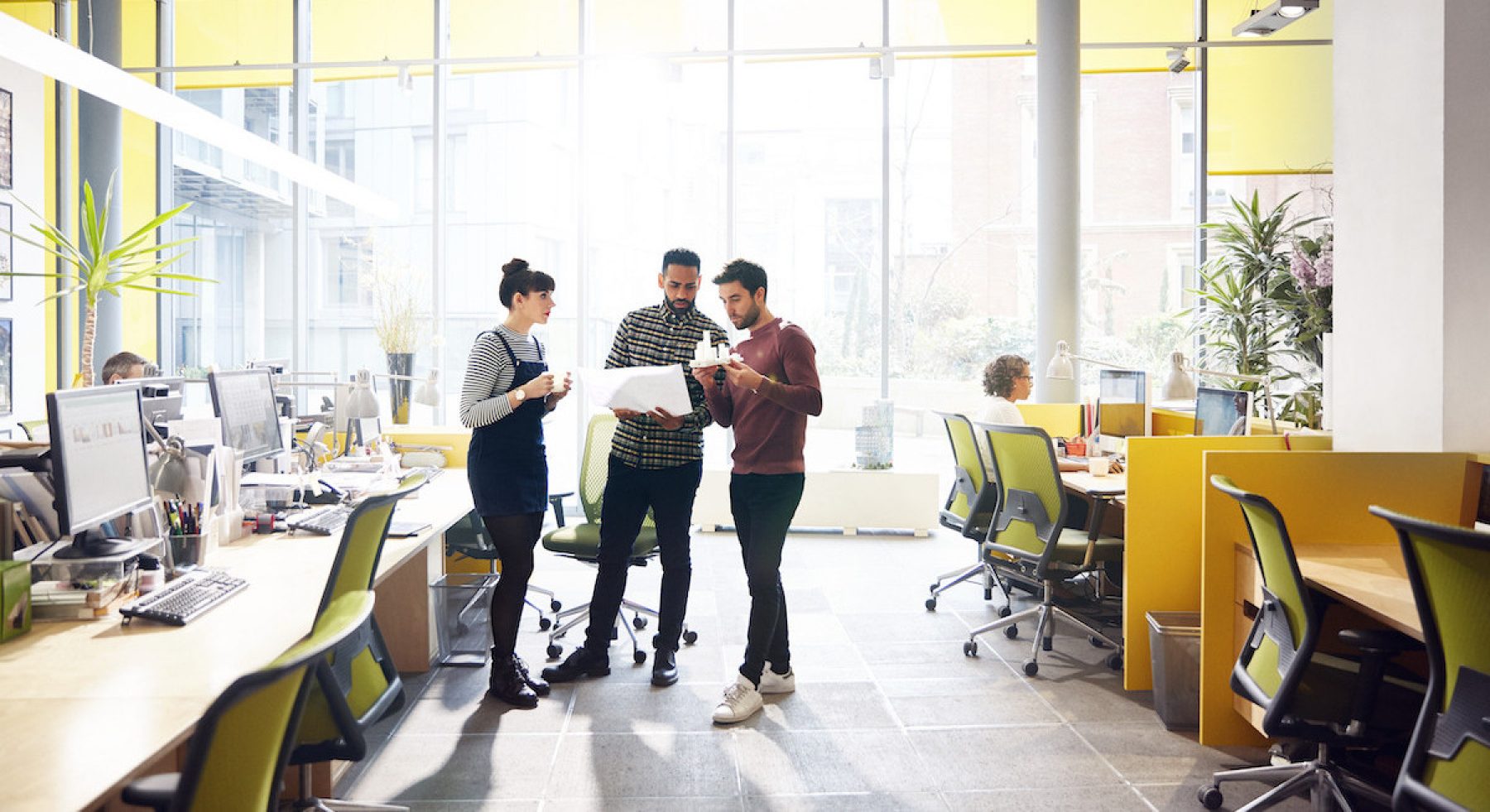Positive.News; January 18, 2022
Click here for a link to the full article
Public voting has opened for the 2022 Green Alley Award, which recognises pioneering circular startups in Europe. From projects that grow biodegradable packaging and reuse car batteries, to one that replaces styrofoam with grain husks, here’s the longlist
Public voting has opened for the 2022 Green Alley Award, which recognises pioneering circular startups in Europe. From projects that grow biodegradable packaging and reuse car batteries, to one that replaces styrofoam with grain husks, here’s the longlist
Agree produces a plant-based, edible coating made from agricultural byproducts, which can be applied to help preserve the shelf life of some fruit and veg.
And-less creating reusable takeaway containers
Atelier Riforma collect secondhand garments, which are catalogued and tracked via AI technology, upcycled by tailors and designers, and sold online to socially conscious consumers.
BioFashionTech has developed a cost-effective, low energy, circular recycling process that turns textile waste into new materials. It also extracts plastic fibres and dyes that can then be sold to create a closed loop solution.
Circunomics team has developed the world’s first data analytics platform and marketplace to manage the full lifecycle of lithium-ion batteries, from prolonging their usage to managing second life trading and recycling tendering.
Edac is a ready-to-use, cloud-based platform in Ireland that helps businesses monitor, log and manage their eco-credentials from a customisable dashboard.
Enzymity in Latvia has discovered a way to use biotechnology to turn PET waste into high-grade ‘like new’ plastic without involving fossil fuels.
Flexi-Hex’s paper packaging is strong and adaptable enough to protect everything from bottles and homeware to electronics and surfboards. The sleeves are also made from 85 per cent recycled material, compost in six weeks and can be recycled at home.
Glenntex has developed nano-sized materials using graphene that improve the performance of recycled plastic and minimise the amount of virgin material used in packaging and other products.
Gravity Wave partners with Mediterranean fishermen to collect plastic from the seabed. That waste is then turned into sustainable products, such as mobile phone cases and filament for 3D printers.
MakeGrowLab has invented a material that can be grown from food waste in just a couple of days. It’s approved for food contact, is resistant to oxygen and water, and is 100 per cent compostable.
Moree is on a mission to tackle this mountain of rubbish by launching a zero-waste grocery delivery service, and is currently running pilot projects in London.
Nazena has developed a patented process to recover 100 per cent of textile fibres from industrial waste and used clothes. These are then turned into sustainable packaging and sound-proof wall panels.
Pandobac spearheads a reusable packaging service for food wholesalers and those who provide delivery services. Companies can rent different sized transport bins, return them to be washed, and track them via QR codes at all times.
Peggada means ‘footprint’ in Portuguese, and the team behind this online platform is encouraging Lisbon residents to reduce theirs. It also features a database of environmentally friendly businesses.
Proservation has developed a natural alternative using grain husks. The company says it has all of the same shock-absorbing, insulating and lightweight credentials, while being 100 per cent biodegradable.
ScrapAd Marketplace for the purchase and sale of all recyclable materials, from metal and plastic, to paper and electronic waste, and is already live in 40 countries.
Scrapp’s users just scan a product’s barcode to find out which part of the packaging is recyclable and earn points for doing so.
Source One in Germany has developed a solution that can extract up to 95 per cent of the recyclable plastic material from medical waste.
Voltfang repurposing used car batteries to power private home electricity storage solutions.







